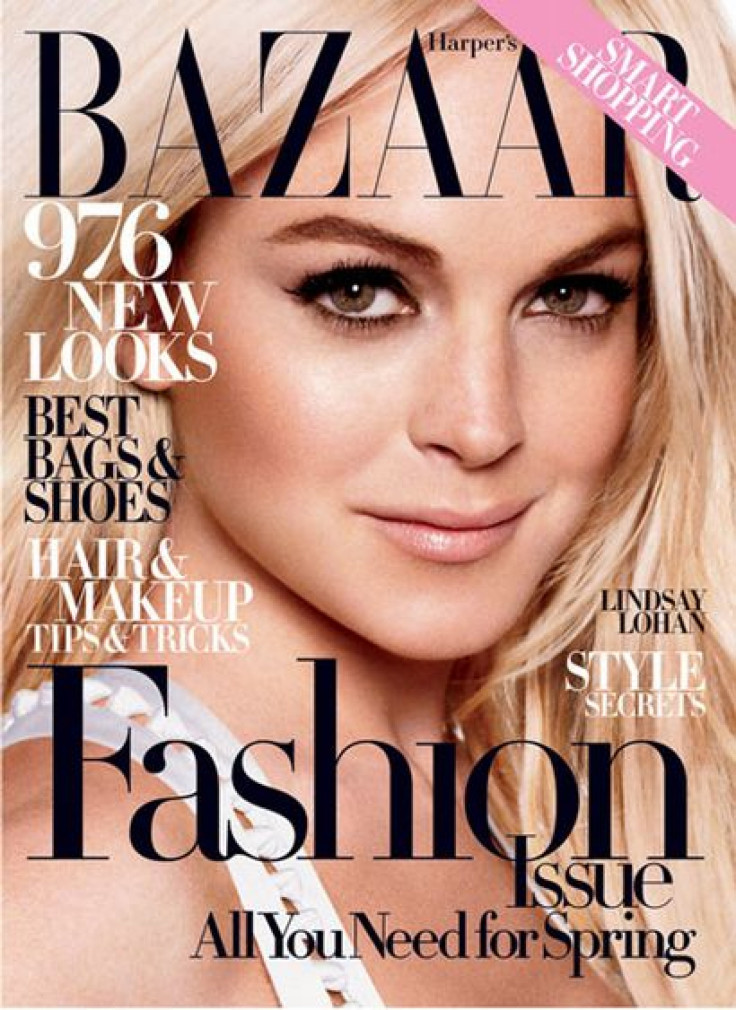Hearst Corp. Seeks Allies In Lawsuit Against Unpaid Interns: Report

Lawyers for Hearst Corporation seem to be stepping up their efforts to defend the publishing giant against a huge class-action lawsuit over unpaid interns.
New York magazine’s Charlotte Cowles reports that a number of former Hearst interns received an email last Friday from the company’s legal counsel, who was soliciting “stories from interns who valued the opportunities and experiences they received from their internships.”
The brief email was later forwarded to New York magazine, although Cowles does not say by whom. In it, the lawyer acknowledges the lawsuit and says to “please disregard this message” if the recipient is involved in the class action. It is unclear how many former interns received the letter.
The lawsuit was filed in February on behalf of Xuedan “Diana” Wang, a former intern at the Hearst-owned fashion glossy Harper’s Bazaar. Wang, who was 27 at the time, had worked six previous unpaid internships before coming to the magazine with the hopes of parlaying an internship into a career in fashion. After four grueling months of 55-hour workweeks -- in which she said she schlepped bags of clothing around New York City and assigned tasks to teams of fellow unpaid interns -- Wang’s editor declined to write a letter of recommendation and she was unable to find a job.
“I knew I couldn’t do any more internships after this,” she said in an interview with Time magazine. “Thinking of the spring interns who would come in with high hopes just like my fellow interns and I had -- I decided that someone had to put a stop to this practice.”
Wang’s lawsuit has since been granted class-action status and now involves some 3,000 former Hearst interns who are seeking back pay for the time they worked. The lawsuit asserts that Hearst’s internship program violates New York state labor laws. While unpaid internships are legal under the Fair Labor Standards Act, federal provisions stipulate that they must provide an educational experience for the intern.
Hearst is not commenting on the litigation, but the company released a statement in February defending its policies. “The internship programs at each of our magazines are designed to enhance the educational experience of students who are receiving academic credit for their participation, and are otherwise fully in compliance with applicable laws,” the statement said. “We intend to vigorously defend this matter.”
Wang’s case came on the heels of another high-profile lawsuit involving unpaid movie interns. Last year, Alex Footman and Eric Glatt, who worked on the Darren Aronofsky film “Black Swan,” sued Fox Searchlight over work they say they should have been paid for. In August, lawyers for Footman and Glatt sought to expand the case to include all interns who participated in programs run by Fox Entertainment Group.
Both lawsuits have helped spark a national conversation about the ethics of unpaid internships, long a standard practice in so-called glamour industries such as publishing and entertainment.
Approximately 1 million Americans work as interns each year, and half are unpaid. Defenders of the practice say unpaid internships offer green college students and grads the chance to gain valuable experience and make professional connections they would not otherwise make. Critics, however, say unpaid interns are being exploited by unscrupulous employers who are simply looking for free labor.
Wang’s case against Hearst is expected to be decided early next year.
© Copyright IBTimes 2024. All rights reserved.












